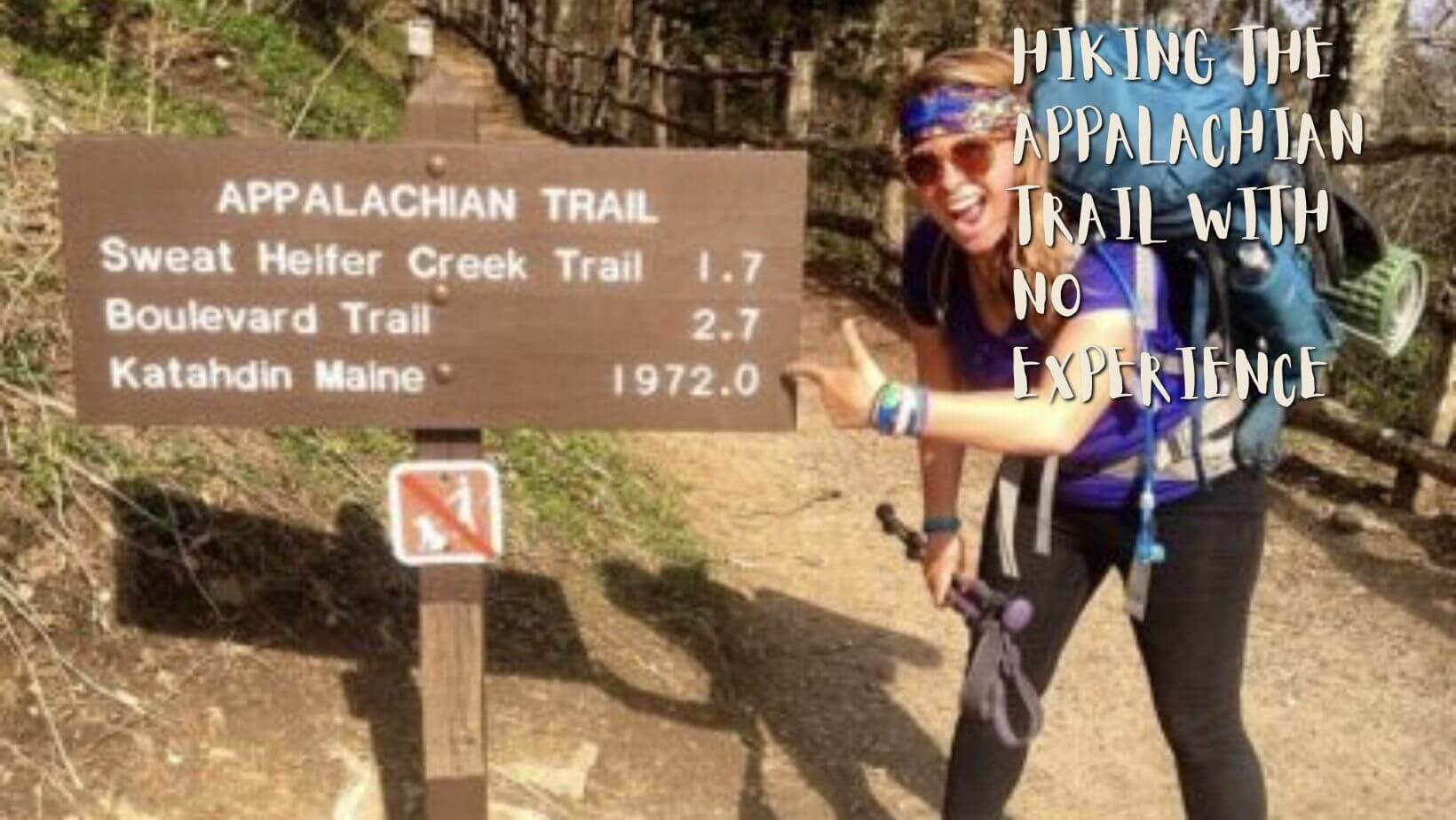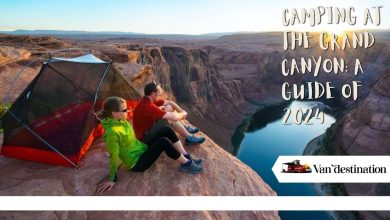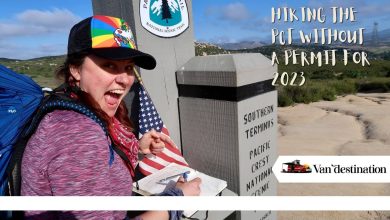Hiking The Appalachian Trail With No Experience

Are you wondering about some details about hiking the Appalachian trail with no experience? A trip on the AT is many things: extraordinary, once-in-a-lifetime, transformative, and utterly unique.
It is not, however, what most people would consider to be “fun.” In light of this, a positive outlook is among the most vital resources a thru-hiker carries with them. Hiking effectively requires the ability to accept discomfort and see the good in everything.
Tips For Hiking the Appalachian Trail With No Experience
Following are the numerous pieces of advice for hiking the Appalachian Trail with no experience:
Extensive Research
My backpacking experience was quite limited when I started preparing for my Appalachian Trail thru-hike. I spent hours researching blogs and gear reviews online and spoke with more seasoned hikers to gain a sense of what gear would probably be the most useful for me because I knew very little about hiking apparel or gear.
Make Small Goals
Although thru-hiking is undoubtedly a physical challenge, it’s ultimately a mental game. It might be challenging to maintain optimism on such a demanding trip. On certain days, my mini-objective was to reach the next shelter; on other days, it was merely to reach the next rock or tree, which was 10 feet ahead.
My original objective, primarily due to horses, was to reach the Grayson Highlands when I began the Appalachian Trail. To say that I had hiked more than 2,000 kilometers was incomprehensible to me. I decided that 500 kilometers was a more realistic mini-goal and that I could continue from there. But as I got on the trail, I realized that my real mini-goal was just 40 miles in Neel Gap.
Also Read: Best Hiking Day Pack
Choose Beginner-Friendly Gear
Purchasing lightweight gear or high-tech equipment is not necessary for through-hiking. Because it drastically lowers the weight a hiker must carry, ultralight gear frequently seems perfect, yet comfort is usually sacrificed.
When your stove is straightforward to use, your tent is quick to put up in the rain, and your backpack offers adequate padding, it’s easier to be in a good frame of mind when hiking.
That does not imply that you should never purchase lightweight equipment. It simply means that if you get comfortable and understand what your body can do with ordinary gear before reducing things like pack padding and shelter warmth in an attempt to minimize pack weight, you’re more likely to stay comfortable and prevent injury.
Put Your Gear to the Test
It’s best to try out your newly purchased gear on a shakedown walk, which is a shorter trek intended to mimic your ultimate thru-hike, if at all feasible. Do you get blisters from your shoes? Do you find your door location or tent layout irritating?
After several kilometers, is your fully loaded backpack still comfortable? Is the whole idea of hiking appealing to you? Your chances of success will increase if you can get the answers to these queries before setting off on a journey of more than 2,000 miles.
Pace Yourself
Many people will attempt to run more than 15 miles from the starting line. Some of these folks have experience hiking and backpacking, and they have toned bodies. But over the next several months, some of these individuals will also get injuries and have to leave the route. Even those who engaged in regular physical activities, such as riding and jogging, might get injuries that prevented them from using their trails.
Hiking is not your typical endeavor. Your body needs time to become used to such intense physical exercise on a daily basis. The game of thru-hiking is lengthy.
Ask Experienced Hikers for Advice
While hiking forums and Facebook groups may be good sources of knowledge, it can be overwhelming to sift through the plethora of messages and viewpoints in quest of the solutions you need. Speaking with those who have completed a thru-hike successfully is really beneficial and much simpler.
The Appalachian Trail Conservancy has a list of past hikers who are eager to share their stories if you don’t know anyone who has done a thru-hike.
Pay Attention to What Others Are Doing
I knew almost nothing about hiking, which is why I picked the AT as my first backpacking trek. However, I was also aware that this was a heavily used and inhabited route, and I would have a whole community to help me learn the proper technique. I was one hundred percent correct.
Observe how others arrange their tents or prepare their luggage. Give your pack a shakedown from someone. Find out from others which equipment they love using and why. Get a compass or knot-tying instruction from someone. Tell me about your difficulties with trekking. There’s no question you’ll receive counsel. It shouldn’t be embarrassing to have someone guide you through things; believe me when I say that many individuals lack basic knowledge.
Conclusion
Do you have any questions on specifics related to first-time Appalachian Trail hikers? An adventure on the AT is remarkable, once-in-a-lifetime, life-changing, and completely one-of-a-kind. But it’s hardly what most people would describe as fun. Given this, one of the most important things a thru-hiker brings with them is a good mindset.
Also Read: Hiking The PCT Without A Permit For 2023



